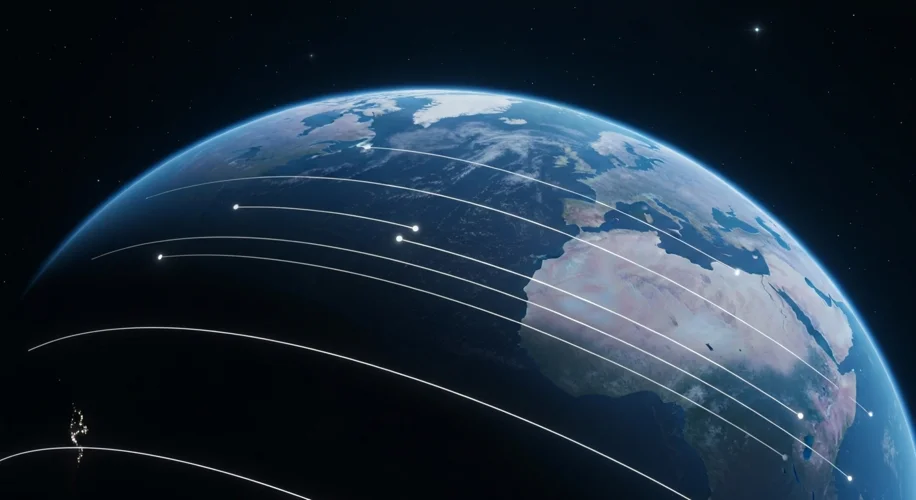Did you know that just the other day, August 5th, our planet Earth decided to pick up the pace? It’s true! Our home world spun a little faster than usual, making that particular Tuesday one of the shortest days on record. It might sound like something out of science fiction, but it’s a real phenomenon that scientists are keeping a close eye on.
So, what’s causing our planet to speed up, and what does it mean for us? Let’s dive in.
The Earth’s Wobbly Clockwork
Earth’s rotation isn’t perfectly constant. It’s a bit like a giant, ancient clock that can have tiny variations. These variations are incredibly small, often measured in milliseconds, but they do happen. Factors like the movement of molten iron in Earth’s core, the melting of glaciers and ice sheets, and even the gravitational pull of the Moon can influence how fast or slow our planet spins.
In recent years, scientists have noticed a general trend towards Earth spinning slightly faster. This has led to a number of shorter days. In fact, since 2020, we’ve seen several days that were shorter than the average 24 hours.
Why Does This Matter?
While a millisecond here or there might not seem like a big deal in our daily lives, these tiny shifts can have a ripple effect, especially for technology that relies on precise timing. Think about satellite navigation systems (like GPS) or the high-frequency trading systems used in finance. They are calibrated to Earth’s rotation, and even minor changes can cause discrepancies.
To account for these tiny differences, scientists use something called Coordinated Universal Time (UTC). When Earth’s rotation deviates too much from the standard time, a “leap second” is sometimes added to UTC. However, with the recent trend of faster spinning days, the idea of adding a negative leap second (effectively removing a second to catch up) has been discussed. This is a complex topic, and scientists are still debating the best approach to manage these time adjustments.
Looking Ahead
It’s fascinating to think about how our planet’s subtle changes can impact our technology and our understanding of time. While Tuesday, August 5th, was a notable blip on the radar, the Earth’s rotation is something scientists will continue to monitor. It’s a reminder that even the most fundamental aspects of our world are dynamic and can surprise us.
Understanding these natural processes helps us appreciate the complex systems that govern our planet and how we interact with them. It’s all part of the ongoing scientific journey to unravel the mysteries of our universe, starting right here at home.

